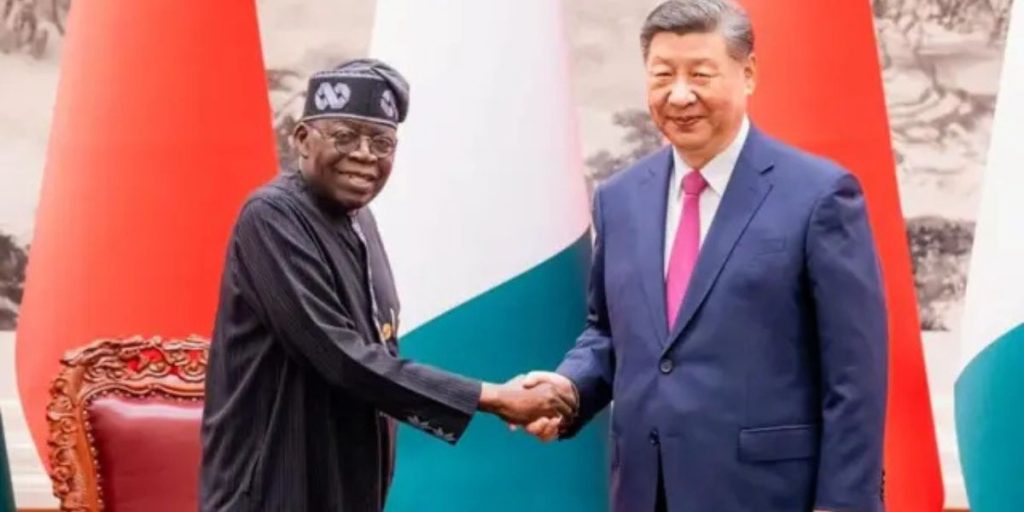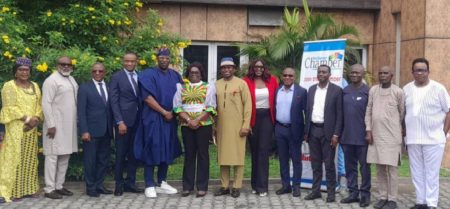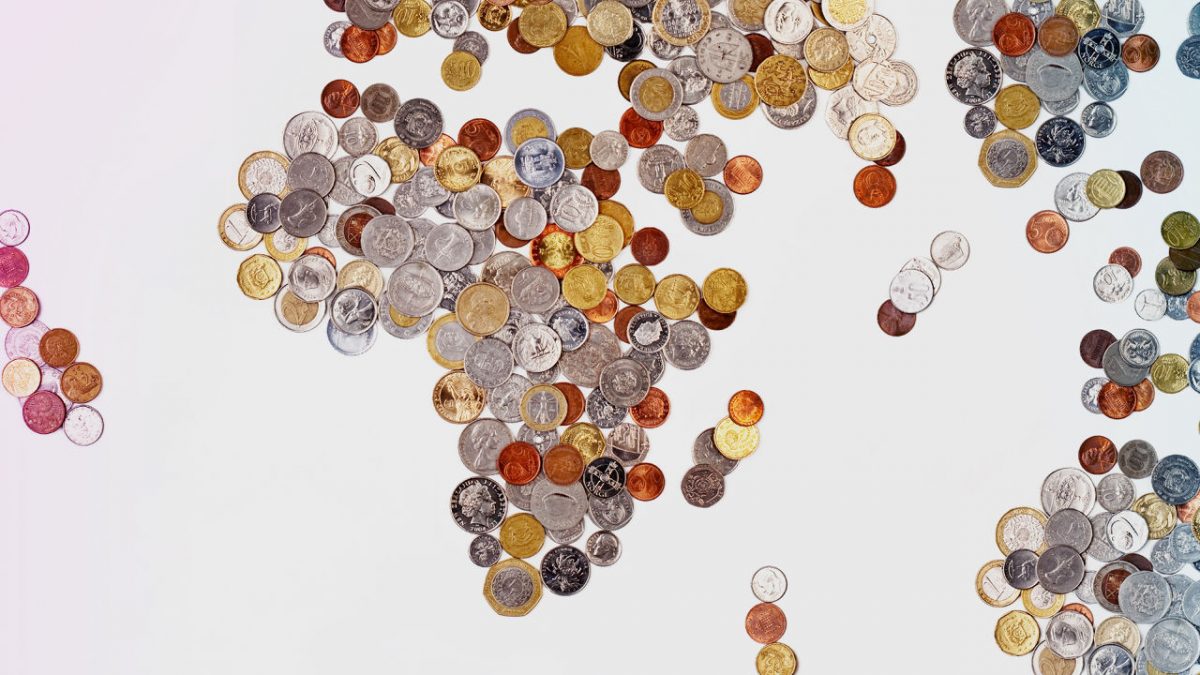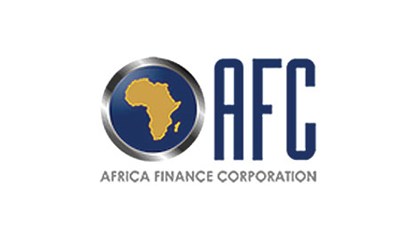
Esther Oritse
Lagos — The SEA Empowerment Research Center has raised concerns about the implications of the China-Nigeria currency swap deal, warning that the initiative could subtly mortgage Nigeria’s national resources.
In its end-of-year bulletin released on December 27, 2024, the Center outlined both the benefits and challenges of the deal, emphasizing the need for transparency and strategic management.
According to the Head of Research of the Center. Mr. Eugene Nweke, said that the $2 billion currency swap deal has the potential to enhance trade and investment between Nigeria and China, with trade between the two nations already accounting for nearly 30% of Nigeria’s total trade.
Nweke also said that the deal will reduce reliance on third-party currencies like the U.S. dollar by promoting the use of the yuan and naira in transactions.
Part of the report reads: “The deal will bolster economic ties, improve cross-border trade efficiency, and encourage investment. Provide liquidity for businesses in both countries, facilitating job creation and economic growth.
“However, the bulletin highlighted several risks, including, trade Imbalance as Nigeria imports significantly more from China than it exports, which could pressure the country’s foreign exchange reserves.
“Nigeria’s growing dependence on Chinese funding could lead to a debt trap, compromising sovereignty and exposing national resources to potential seizure.
“Economic Sovereignty: The swap deal could deepen reliance on Chinese goods, hindering Nigeria’s industrial growth and reducing competitiveness.
Transparency Issues: The lack of public disclosure of contract terms could foster corruption and prevent accountability.
“The deal might conflict with Nigeria’s commitments to the African Continental Free Trade Area (AfCFTA), which aims to reduce dependency on external currencies and foster intra-African trade.
“The Center referenced cases of countries like Angola, Kenya, and Zambia, where failure to service Chinese loans led to the takeover of critical infrastructure. It urged Nigeria to heed these cautionary tales to avoid a similar fate.”
The Centre however recommended that to mitigate the risks, the government must
diversify trade relationships and reduce dependence on Chinese funding,
promote the use of African currencies and develop payment systems aligned with AfCFTA goals.
“Strengthen regulatory frameworks and improve debt transparency.
Publish all terms and conditions of the swap deal for public scrutiny and parliamentary oversight.
“The Center urged lawmakers to review the currency swap policy, enact protective legislative frameworks, and ensure alignment with national interests. It emphasized the need for a comprehensive debt management strategy to safeguard Nigeria’s economic future.
The Center however appealed to the government to approach the currency swap deal with caution, prioritizing national sovereignty and long-term sustainability over short-term gains.



